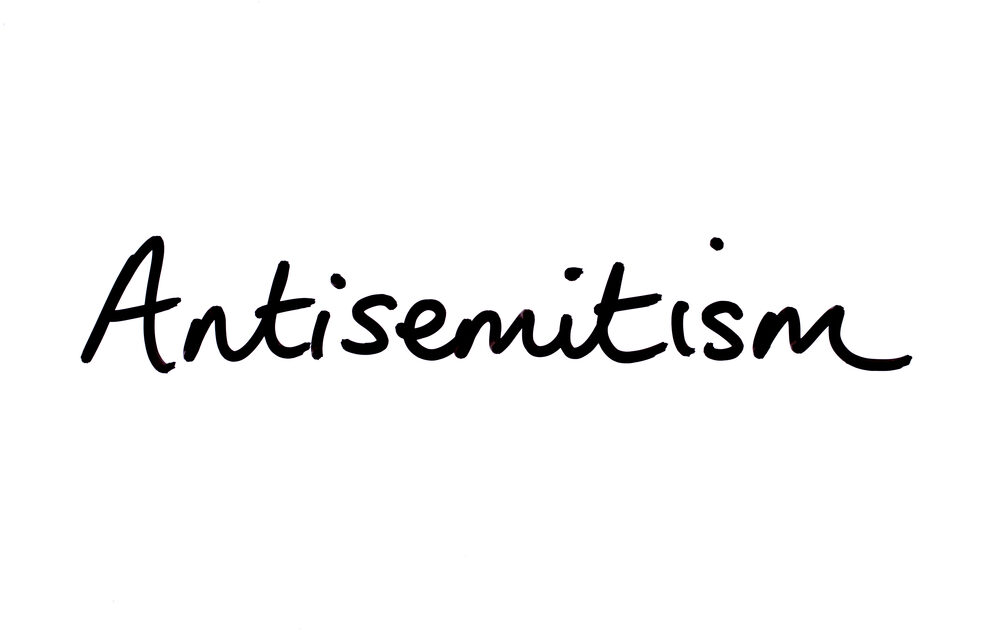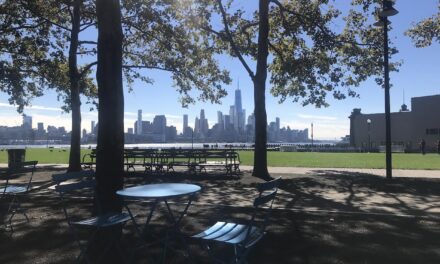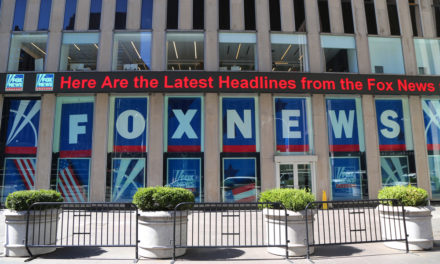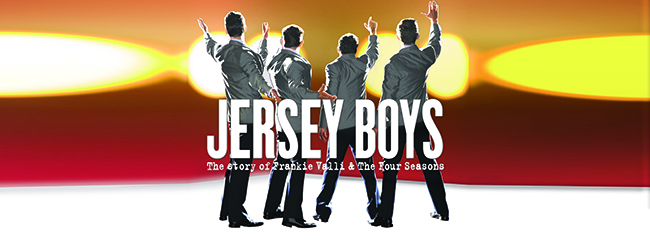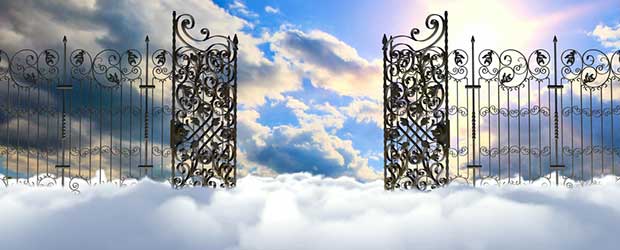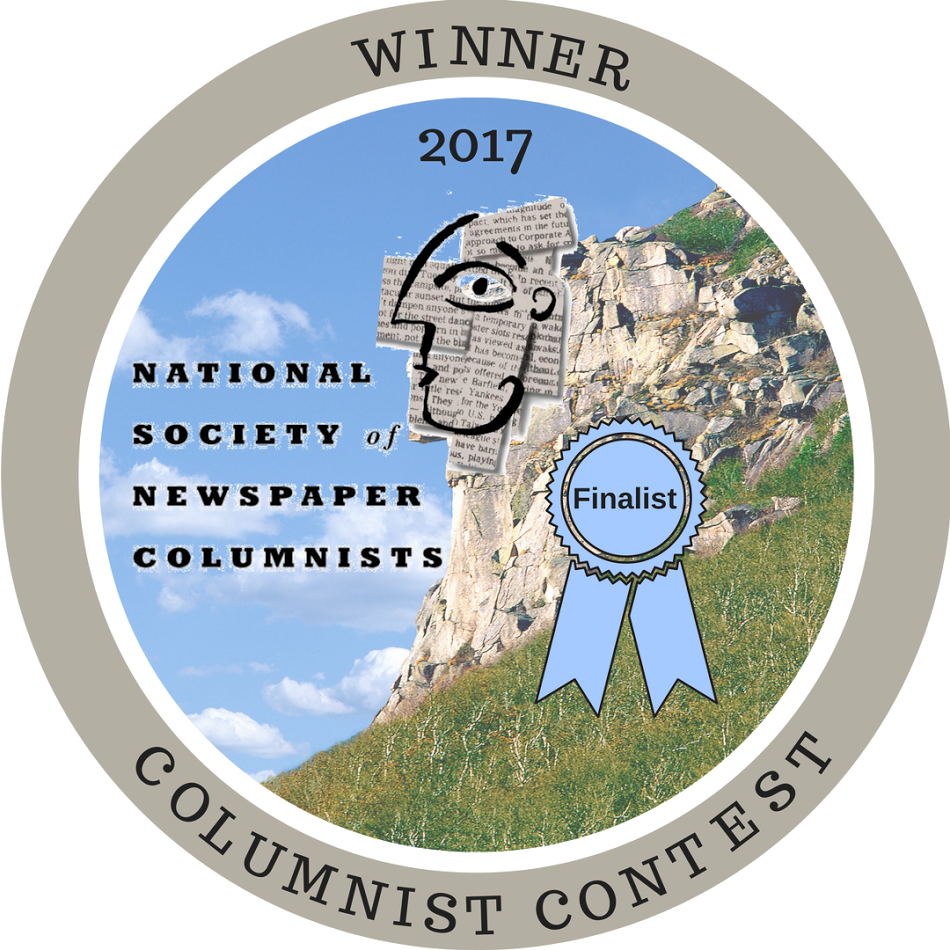Back in the early 2000s, I took a short-term job as the program director for a senior citizens’ center on the Upper West Side of Manhattan. I loved diving into the existing and potential possibilities of what would entertain the mostly Jewish members.
At one point my boss, the executive director, mentioned putting something on the calendar to celebrate Purim. I stared at her blankly. I had no idea what it was. I was in my early 40s. Always a responsible employee, I quickly familiarized myself.
And frankly haven’t thought about it much since. Until the last few weeks.
Described on Chabad.org as a “jolly” Jewish holiday, here’s how it defines Purim:
It commemorates the (Divinely orchestrated) salvation of the Jewish people in the ancient Persian empire from Haman’s plot “to destroy, kill and annihilate all the Jews, young and old, infants and women, in a single day.”
Wait, what???
Back when I read this the first time, I don’t recall it landing on me as breathtaking. I read it as horrible and noteworthy, but so far in the past that it didn’t hit me in an emotional way. That was so long ago, I thought. Whew. Glad people aren’t that savage anymore.
Wait, what???
Aren’t they? Savage, I mean. Didn’t they just take the time to craft crude but clear anti-Semitic banners to hang over the 405 freeway in Los Angeles? All based on the words — “going death con 3 on JEWISH PEOPLE” — of a deeply biased, wealthy entertainer and attention whore?
When the white supremacist marchers in Charlottesville chanted “Jews will not replace us” surrounded by swastikas and other disturbing anti-Semitic imagery, it wasn’t until then-President Trump “both-sides-ed” the situation in a press conference that my senses went on high alert.
Still, I wasn’t spurred to action.
That was 2017. The following year, a shooting at a synagogue in Pennsylvania left 11 dead and an entire faith community shattered. I felt sick, but also paralyzed. What do I do with this?
Massive sigh.
I could keep ticking off the disgusting displays of anti-Semitism we see in this country daily and then list the whole lot of nothing I did in response. One exception was a piece I wrote earlier this year headlined Speech and Consequences, where I said this:
Now let’s take those despicable humans carrying anti-Semitic signs along a highway in Central Florida last weekend. Do they have a right to hoist swastikas into the air as traffic drives by? Sure. Might there be consequences? I would hope so. The woman giving the Nazi salute to passing cars — does she work in HR somewhere? Is she in any position where her judgment could affect someone else’s job? Does she work with the public? Why would I trust her to treat Jewish people with respect or equity? Ciao, Hitler lady. You’re fired. I don’t care if it was your day off.
Even at that point I found it more revolting than dangerous.
Enter Ken Burns’ three-part documentary, The U.S. and the Holocaust. I barely came up for air through over six hours of it as I watched and learned and cried. It has been sitting with me for three weeks and I am just now ready to even attempt to express myself about it. I didn’t have a sense of how long this went on, the ways in which Jews were marginalized first, the incremental brainwashing of the masses, and the different ways they were killed.
The series put into context what is happening now, all of what I’ve described in this column and much more. After all, America’s response to what the film’s summary calls “one of the greatest humanitarian crises of the 20th century” wasn’t as honorable and clear-cut as I’d once believed.
Author and essayist Daniel Mendelsohn says this in the film:
You think you’ve heard it all and you haven’t heard it all. Trust me. There’s no bottom, as one of my survivors said of what people will do to one another.
And this:
The structures of what we think of as our civilized lives, they fall apart very easily, surprisingly easily.
If that doesn’t make you gasp, you haven’t been paying attention to what is happening in our country since Trump greenlit vile expression and let it course through our national dialogue until it combusts and destroys any semblance of civility. It is, as Mendelsohn says, falling apart surprisingly easily. Just ask the people attending heavily guarded synagogues every week, trying only to get in on the freedom of religion thing we so proudly state as our right.
We’re supposed to practically stop the presses and declare martial law if someone says “holiday tree” or “happy holidays” because some Christians feel threatened, but let’s see how it goes over when they have to walk through beefed-up security when they attend mass or Sunday service. What would it feel like to hear, “Christians will not replace us” from a frothing crowd? Do we even know?
In case it’s not abundantly clear, all this is to come clean about my naivete and my silence about the perils and atrocities that are part of the Jewish experience. As the current meme circulating on social media says, I support my Jewish friends and the Jewish people.
I’ve been thinking that after George Floyd was murdered by a police officer, I formed a book group to immerse in reading more works by Black authors. While some in national media wrote snarky pieces about how Black people were in fear for their lives and white people were forming book groups, I was undaunted. It changed my entire perspective to learn what I now see as American history as opposed to Black history. Back in the 1990s, I had done the same to learn about women’s place in history.
If we are going to be allies to our fellow Americans, knowledge is power, right? So I’m creating a list of books by Jewish authors to begin reading; the idea is to give me a fuller perspective on the Jewish experience.
Our times are fraught. Anxiety is our default. Our Jewish friends are likely feeling this six million-fold, the incomprehensible amount of their own lost in the Holocaust. If I couldn’t quote that number before, thanks to Ken Burns it is now emblazoned across my mind like the meaning of Purim.
Precariousness gets soothed by facts, understanding, and an awareness that changes us at a soul level. And even the simplest action. Please let your Jewish friends know you’re with them. Don’t assume. Assure instead.
They’ve been through enough.

